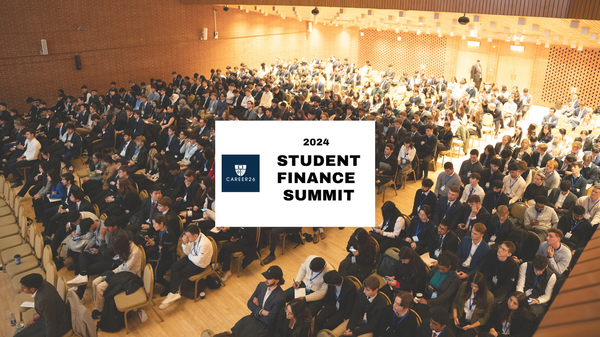Will AI create a digital democracy or a Silicon Valley oligarchy?
The worrying signs that AI power is concentrating in too few hands
Any think-piece, podcast, or McKinsey report will tell you that technological innovation is transforming the world. What is less remarked upon is the idea that technology is essentially a hammer. Hammers are just as good at building things as they are at hitting people — to which ends depends on who is wielding it. It is within this framework that technology makes its impact on the economy.
Continuing the metaphor, it is institutions that wield the hammer. In their seminal work, Why Nations Fail, Daron Acemoglu and James A. Robinson present the framework of inclusive vs. extractive institutions to explain why some countries, defined as "poor" per their GDP (though blessed with the same abundance of natural resources as "rich" countries), are unable to provide a high standard of living for their citizens.
Inclusive institutions are defined as those which encourage widespread participation in the economy, while extractive institutions concentrate power in the hands of a small elite, preventing the full participation of others.
If technology can be considered as a resource similar to oil, the application of this framework predicts similar results. Inclusive institutions help mitigate the effects of inequality from technological change. Take, for example, the concept of inclusive growth which aims to distribute the benefits of economic growth more equally across a population. However, there is a lack policy and clear vision to address this problem resulting from technological change. Especially within countries which tout the inclusivity of their institutions, such as the UK, Germany, or the US.
Extractive institutions are characterised by preventing the allocation of resources to their most productive ends at the expense of the wider citizenry, to benefit of a central elite. The best example of interaction between technological innovation and extractive institutions can perhaps be seen in North Korea. Its technological development is so unequal that the country simultaneously possesses nuclear weapons and advanced cyberattack abilities whilst only 10% of its population own a cell phone and 97% of the roads are unpaved. These dynamics of technological concentration, though extreme in North Korea’s case, may no longer become unique to overtly extractive systems.
The continuing AI revolution will challenge inclusive societies to confront technological concentration within themselves. In countries with traditionally inclusive institutions, due the high training and maintenance costs of large language models (LLMs), only couple of ‘Big Tech’ companies will be able wield the hammer; creating a de facto extractive system masked by nominally inclusive institutions. Although, the release of DeepSeek may fundamentally challenge this set up.
Critics may argue despite consolidation of LLMs, the productivity unlocked by AI will be democratic and inclusive. They are correct in the observation that AI has the potential to increase productivity, but there are no guarantees productivity gains will be evenly distributed. Additionally, the current state of things creates a possibility we will all be at the mercy of mercurial tech gods controlling an AI faucet, in order to maintain continued access. This is an uncertain proposition, especially with the recent increasing foray into politics by Silicon Valley elite.
The intent of this analysis is not to scaremonger, but rather to apply the valuable institutional framework developed by Acemoglu and Robinson in Why Nations Fail to our current technological moment. The UK has inherited and developed robust inclusive institutions over centuries — a significant advantage that many nations still struggle to achieve. But, as new technologies present themselves, rapidly reshaping economies, we must examine whether our current institutional structures are evolving to preserve and protect their inclusive nature, or whether we risk inadvertently allowing extractive elements to take root and rot.










